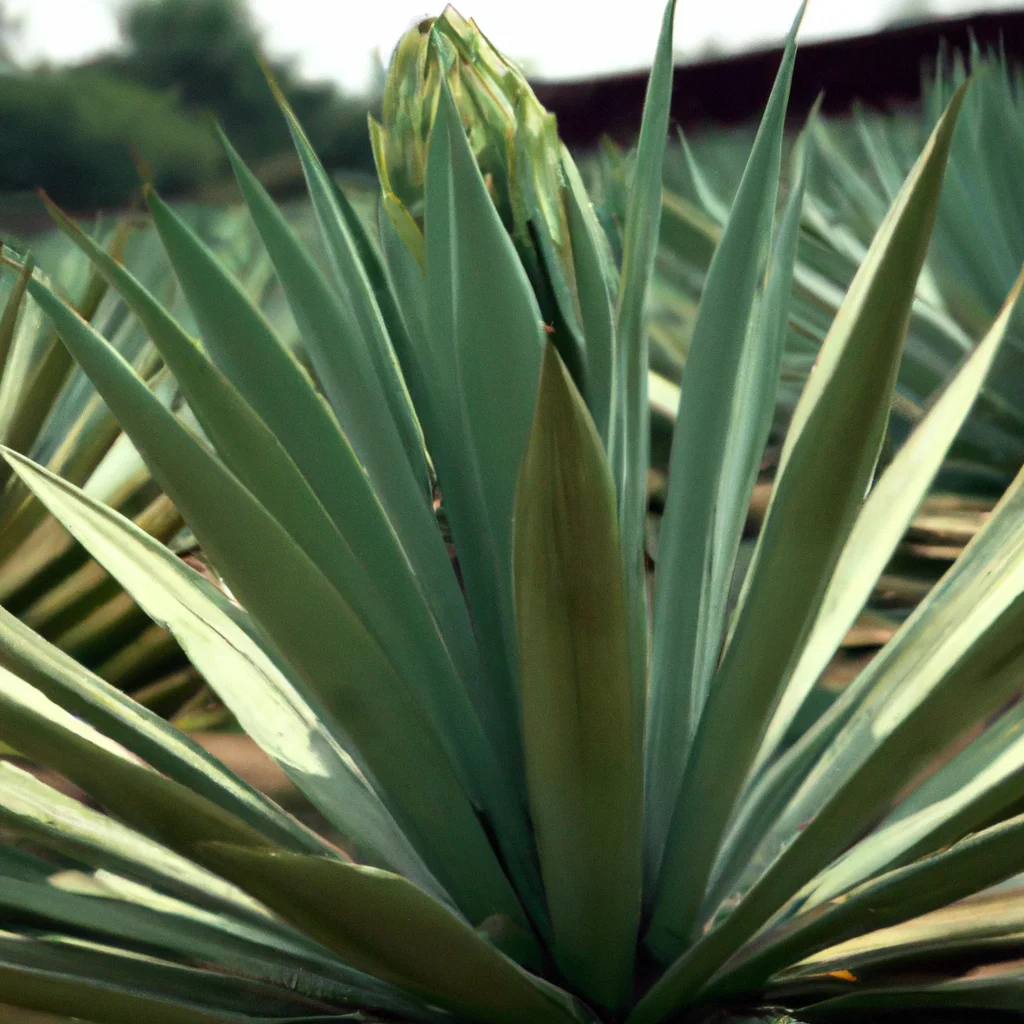How is tequila made from the agave plant?


How is tequila made from the agave plant?
Tequila is a popular spirit that has been enjoyed for centuries. It is made from the agave plant, which is a succulent that is native to Mexico and parts of the United States. The tequila production process involves several steps, including harvesting the agave plant, cooking it, fermenting it, and distilling it. In this article, we will explore each step of the tequila manufacturing process and provide insight into the tequila industry.
Harvesting the Agave Plant
The first step in tequila production is harvesting the agave plant. The agave plant typically takes 8-12 years to mature, and when it is ready for harvest, it is cut down and its leaves are removed. The core of the plant, called the piña, is what is used to make tequila. The piña can weigh anywhere from 40 to 200 pounds, depending on the size of the agave plant.
Cooking the Agave
After the piñas are harvested, they are cooked to extract the sugars from the plant. This step is critical in the tequila process. The traditional method of cooking the piñas involves placing them in large stone ovens, called hornos, and cooking them for up to 72 hours. This process gives the tequila its unique flavor profile. However, modern tequila manufacturing methods often involve using large stainless steel autoclaves to cook the agave, which is a faster and more efficient method.
Fermenting the Agave
Once the agave has been cooked, it is crushed to extract the juice. The juice is then placed in large tanks where it is fermented for several days. During the fermentation process, yeast is added to the juice to convert the sugars into alcohol. The length of the fermentation process can vary depending on the type of tequila being produced. For example, blanco tequila is typically fermented for 2-3 days, while reposado and añejo tequila are often fermented for up to a week.
Distilling the Agave
After the fermentation process is complete, the tequila is distilled. This is the final step in the tequila production process. The tequila is typically distilled twice, although some tequila brands may distill it three times. The distillation process involves heating the fermented juice in large copper or stainless steel stills. The tequila is then separated into two parts: the head and the heart. The head contains impurities and is discarded, while the heart is the pure tequila that is used to make the final product.
Aging and Bottling the Tequila
Once the tequila has been distilled, it is aged in oak barrels for varying lengths of time. Blanco tequila is aged for less than two months, while reposado tequila is aged for up to a year and añejo tequila is aged for at least a year. Some tequila brands also produce extra añejo tequila, which is aged for more than three years. After the tequila has been aged, it is bottled and labeled.
The Tequila Industry
The tequila industry is a significant contributor to the Mexican economy. Tequila is a protected designation of origin product, which means that it can only be produced in certain regions of Mexico. The Mexican government regulates the tequila industry to ensure that all tequila produced in the country meets strict quality standards. The tequila industry employs thousands of people in Mexico and has a significant impact on the country’s economy.
Conclusion
In conclusion, tequila is a spirit that is made from the agave plant. The tequila production process involves several steps, including harvesting the agave plant, cooking it, fermenting it, and distilling it. The tequila is then aged in oak barrels for varying lengths of time before it is bottled and labeled. The tequila industry is a significant contributor to the Mexican economy and is regulated to ensure that all tequila produced in the country meets strict quality standards. Whether you’re enjoying a margarita or sipping on a neat tequila, knowing how it’s made can enhance your appreciation of this popular spirit.
Recent Posts
How do I create an engaging and informative online quiz or assessment?
Creating an engaging and informative online quiz or assessment can be a powerful tool for… Read More
What are the most effective methods for managing and reducing work-related stress in the hospitality industry?
Work-related stress is a common issue in the hospitality industry, where employees often face long… Read More
How can I improve my assertiveness and communication skills in a leadership position?
In a leadership position, assertiveness and effective communication skills are crucial for success. Being able… Read More
What are the key elements of a successful employee recognition and rewards program?
Employee recognition and rewards programs play a crucial role in motivating and engaging employees, as… Read More
How do I effectively manage and respond to customer feedback and reviews?
Customer feedback and online reviews play a crucial role in shaping a company's reputation and… Read More
What are the best strategies for effective time management as a stay-at-home parent?
Effective time management is crucial for stay-at-home parents who juggle multiple responsibilities on a daily… Read More